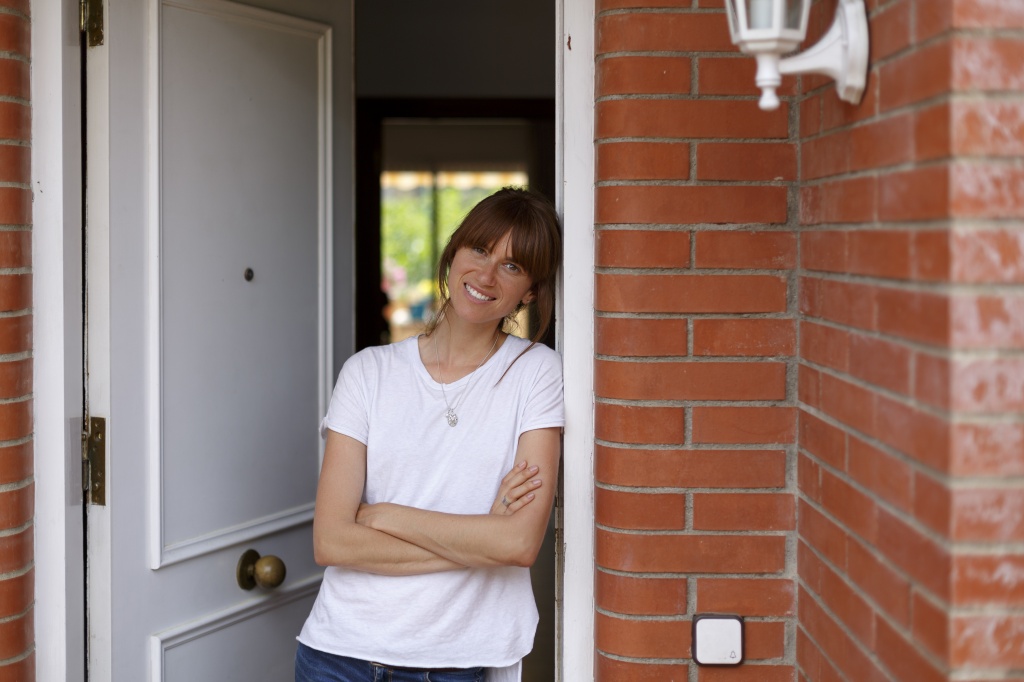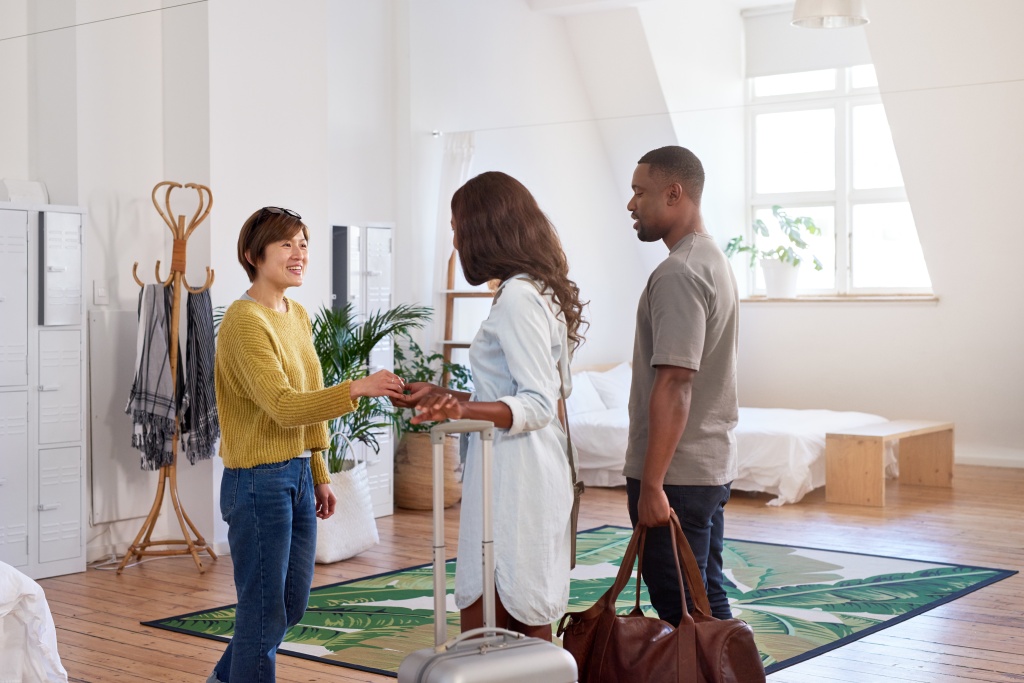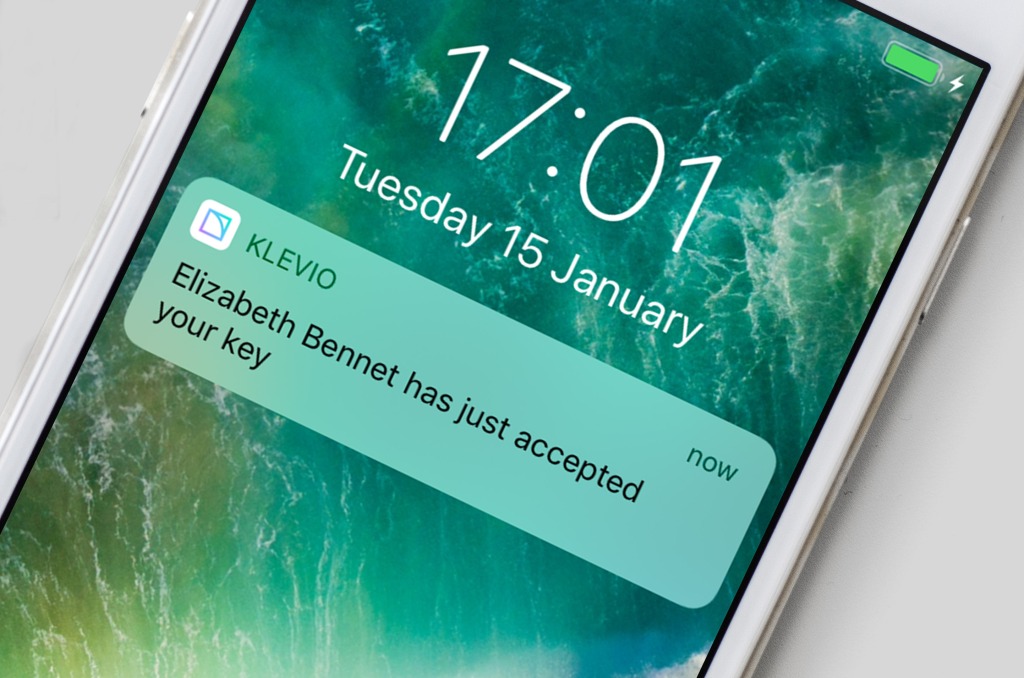A lot has been written about Airbnb since it was founded 11 years ago. But while much of the attention has focussed on quantifiable metrics like the platform’s impact on the traditional hotel sector, less regard has been given to how it has shifted our fundamental attitudes to access. So here’s our two pennies’ worth….
Changes in societal attitudes have traditionally occurred over a long period of time, but nowadays they seem to happen faster than ever.
Driven in part by the internet and in particular social media, many of our societal values and norms now seem to be in a perpetual state of flux. And while our access to information has been transformed by technology, our access to each other’s homes has also undergone a similarly dramatic shift.
Crucial to this has been the role of the sharing economy and platforms such as Airbnb.

Coming full circle
The curious thing about the way we view access is that in less than two generations we appear to have come full circle. Speak to your grandparents and they’ll tell you how they used to leave their front door unlocked without concern. But a series of post-war moral panics created a prevailing, paranoid sense of ‘stranger danger’ and before we knew it the age of innocence was over. At this time, certainly, the idea of opening up your home to someone you’d never met was virtually unthinkable.
Fast forward a few years, however, and the advent of the internet and in particular the nascent sharing economy meant we now regularly traded and interacted with strangers. While the internet brought with it its own security concerns, the net effect was to alleviate people’s innate distrust of others. And crucial to this was the emergence of home sharing as a cultural trend, first through sofa surfing and eventually through platforms such as Airbnb.

A change for the better
In a world embroiled in a period of significant political, social and cultural turbulence, there’s reason to be grateful that we are, at least in one sense, becoming more open, hospitable, welcoming and trusting of others. Our homes are, after all, among our most cherished and valuable possessions, and so there can be few greater tests of our faith in human nature than to afford access to it to total strangers.
In fact, it’s tempting to look at Airbnb as a kind of social experiment that has inadvertently revealed an important truth: that the more we’re invited to trust other people, the more we realise that most people are fundamentally trustworthy at heart. Or to put it another way, it’s been a lesson in exposure therapy at its most benign.

Where next?
With Airbnb having achieved the effect of making people far more comfortable about letting strangers use their homes, the question has to be asked, how can we keep progressing? Perhaps the next step is to create a shift in our attitudes to smart technology, which is increasingly playing a crucial role in how we all access physical spaces.
Trust in technology has already made great strides in recent years, with people now routinely using banking apps and other digital appliances without a moment’s thought. But it’s also the case that for some people a small psychological barrier still exists around smart access products. At Klevio we’re doing everything we can to break down that barrier, but ultimately, just like with Airbnb itself, exposure is the best antidote. For our part, we can continue to do our bit by keeping on top of people’s concerns, particularly around issues like insurance and hacking, but we’re confident that we’ll soon be part of an entire generation that uses products like Klevio with the same peace of mind as our grandparents once left their doors unlocked.
How have your attitudes to access changed over the years? Do you agree that Airbnb has helped make people more trusting of others? Let us know your thoughts by emailing us at airbnb@klevio.com.